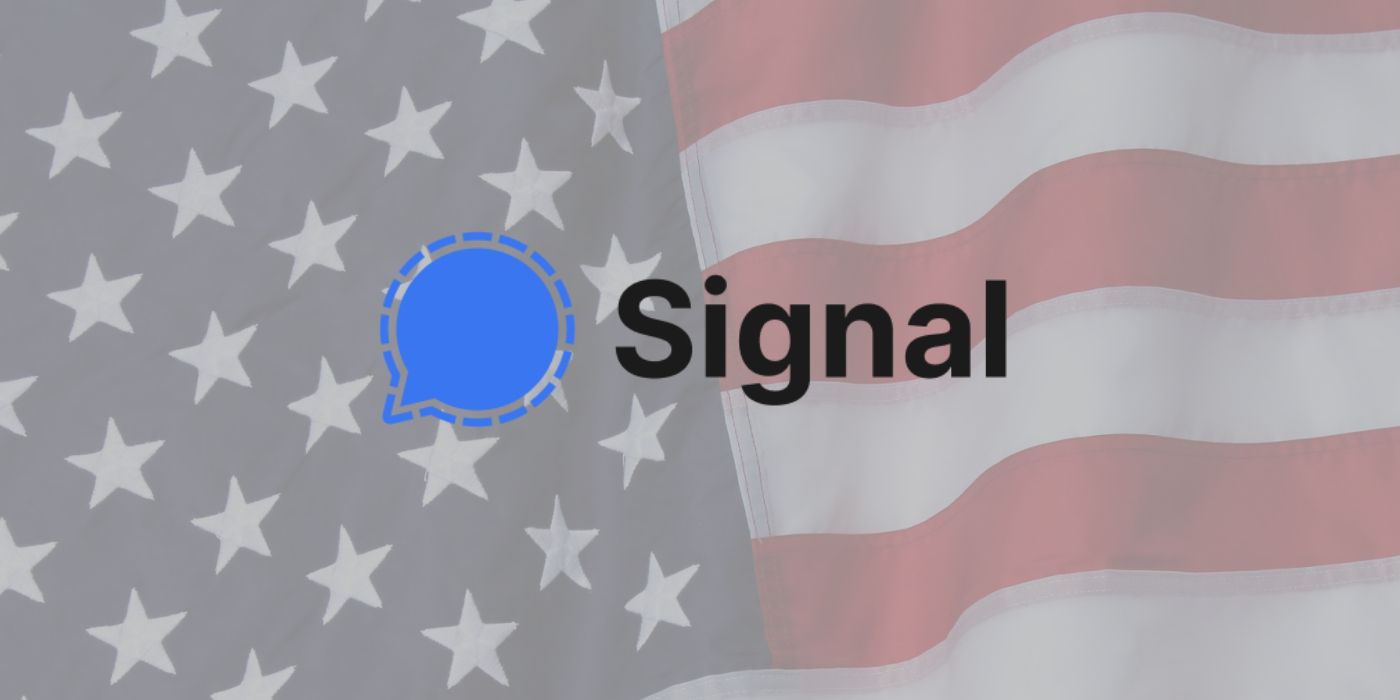Signal, the popular messaging app, is potentially leaving the American market in the near future. As an app known for its unprecedented focus on privacy and user security, its exit from the US smartphone market would be the exact kind of ill omen people point to when they blame the government for threatening individual rights.
Signal's reputation is virtually spotless. The app is either recommended or used by people who most would say know a thing or two about privacy, including Edward Snowden and many officials working within every US intelligence committee. The service's trademark is that it prioritizes end-to-end encryption, allowing users to chat without any third party having access to the contents of their communications – ever. That's an extremely desirable trait for tons of reasons, but, as one would expect, some law enforcement agencies (and criminals, ironically) would prefer if people's communications were less secure.
It would seem another entity is also interested in removing end-to-end encryption: the United States Senate. A post on the Signal developer blog explains that section 230 of the Communications Decency Act protects online platform owners from legal liability based on the actions of their users. It means companies like Google, Apple, and Signal can't be legally penalized due to what people say on their platform. The post argues that the EARN IT Act, which removes that protection from liability and forces platform owners to "earn" those protections by complying with a specific set of "best practices" determined by the government, would open Signal and other tech companies up to massive legal problems. Signal is concerned that those "best practices" could easily be a ban on end-to-end encryption, and if that was the case, it would have to shift operations outside of the US to continue offering its current level of security.
Why the EARN IT Act Is Considered an Attack on Free Speech
Signal, along with practically every major digital security expert alive, fears the impact the EARN IT Act could have on free speech and privacy rights. This is in part due to the personnel involved in the processes the bill proposes. Based on how it's written, the Attorney General would have the final say in which rules tech companies are forced to follow. The current AG, William Barr, has an intensely suspicious record with his handling of sensitive information and is a vocal antagonist of end-to-end encryption. The bill never specifically mentions encryption, but there's a clear conflict of interest when it gives the power to remove encryption to someone who benefits from and wants that outcome.
On paper, the bill claims to be a tool to stop child pornography from being facilitated through private online messages. According to the bill, forcing platforms like Signal to comply with the government's "best practices" would mean asking those companies to search through user conversations for mentions of child pornography. On the surface, that sounds reasonable, which makes it suspicious that the bill grants powers far beyond what would be necessary to achieve those goals, and it's somewhat irrelevant anyway because companies are already required to report any signs of criminal sexual conduct to law enforcement.
Simply put: the powers granted to the Senate and the AG by the EARN IT Act would allow them to penalize messaging services for anything they deemed fit. There's nothing limiting, for example, the "best practices" list being changed because a foreign country wanted the names of anyone who spoke ill of its president. Every tech company with a messaging service in the US would then be forced to check through user conversations and hand that information over to the government, or risk severe legal action. The lack of checks and balances is frightening, so it's not surprising that companies like Signal would rather leave the country than be subject to such a rule.
Source: Signal


